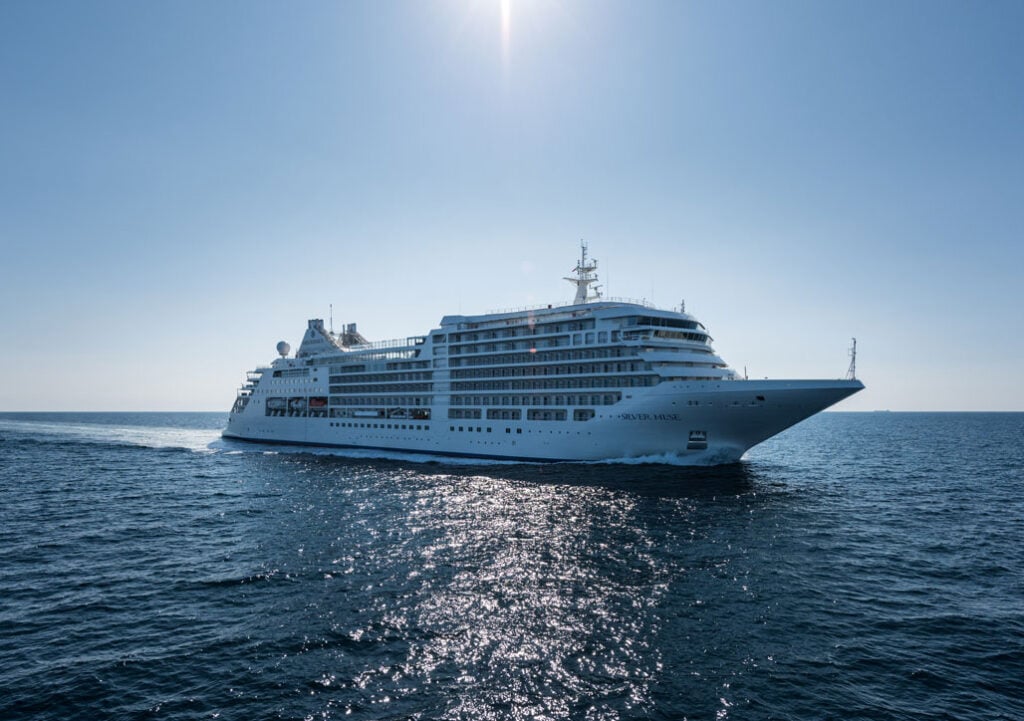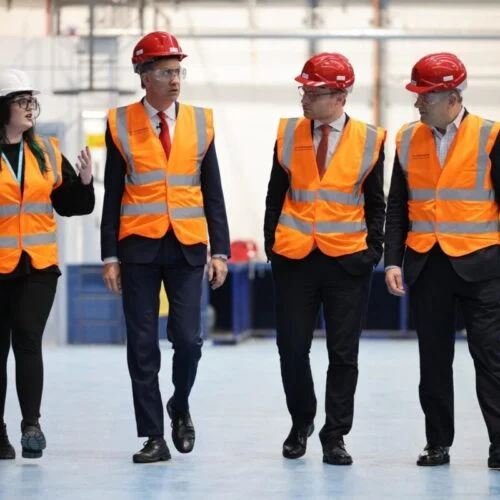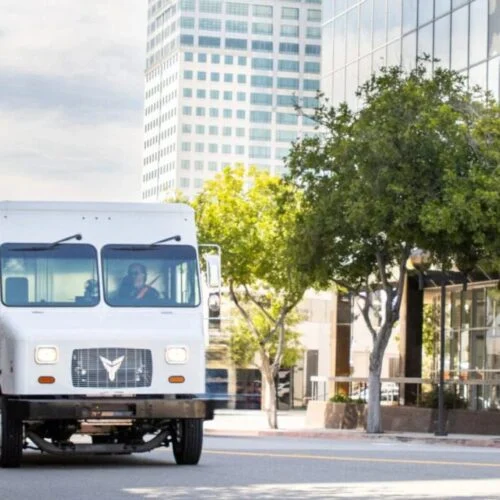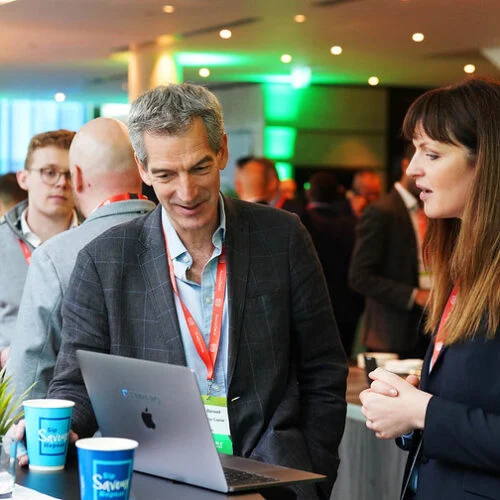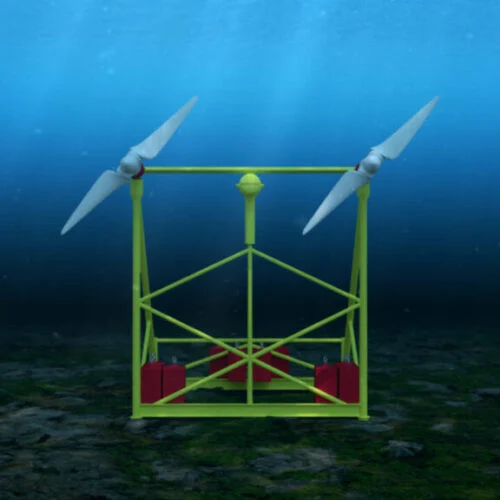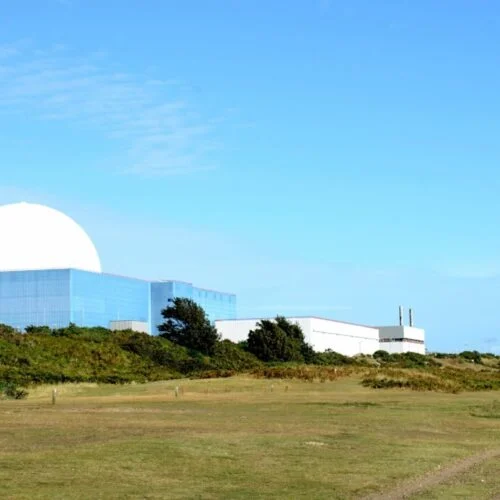The world’s first cruise ship to be powered entirely by hydrogen stored onboard is currently under construction.
Delivered in partnership between shipbuilder Fincantieri and cruise operator Viking, the vessel will use hydrogen for as a propulsion fuel, and hydrogen fuel cells to generate electricity for onboard operations. Dubbed ‘Viking Libra’, the cruise ship is scheduled for delivery in late 2026.
Capable of navigating and operating with zero emissions, advanced fuel cell technology installed aboard the ship will be capable of generating up to 6MW of power for onboard use. The joint initiative uses expertise from Fincantieri’s subsidiary, Isotta Fraschini Motori (IFM), which specialises in advanced fuel cell technology and will provide tailor-made solutions for the Viking Libra.
Under the deal, a second ship is also under construction at Fincantieri’s Ancona shipyard, called the ‘Viking Astrea’ and due for delivery in 2027. Both ships will feature first-of-a-kind solutions to load and store hydrogen directly onboard the ship, using containerised systems to overcome supply chain constraints.
Hydrogen will power polymer electrolyte membrane (PEM) fuel cells system specifically optimised for cruise operations, designed and produced by IFM.
Viking CEO and chairman Torstein Hagen called hydrogen a “true zero-emission solution”.
The deal also sees Fincantieri providing Viking with an additional two ships, which the companies said will be built according to “the latest environmental rules and navigation regulations” but will use traditional fuel for power.
The company said Fincantieri considers the agreement’s value, covering all four vessels, ‘large’ and added that a ‘large’ cruise agreement represents a value between €500 million and €1 billion (£429 million—£859 million).
Pierroberto Folgiero, CEO and managing director of Fincantieri said delivering the hydrogen powered cruise ship reinforces the firm’s commitment to “shaping the future of sustainable maritime transportation”.
He added: “Beyond shipbuilding, we are driving a systemic evolution by integrating cutting-edge technologies, fostering supply chain innovation, and creating a model for the widespread adoption of hydrogen in the maritime sector.”
Hydrogen-powered boats have proved popular in the Nordics, with, for example, the MF Hydra hydrogen-powered ferry entering service in 2023.
In summer of 2024, Freeport East received funding from Innovate UK and Australia’s Department of Climate Change, Energy, the Environment, and Water, to help develop an international green hydrogen maritime project.
This sees UK and Australian companies specialising in green hydrogen storage and propulsion technologies working together to minimise the risks of the technology and speed up use of marine green hydrogen.
That project, however, implemented port storage and refuelling infrastructure, as opposed to installing facility to store green hydrogen on ships.
